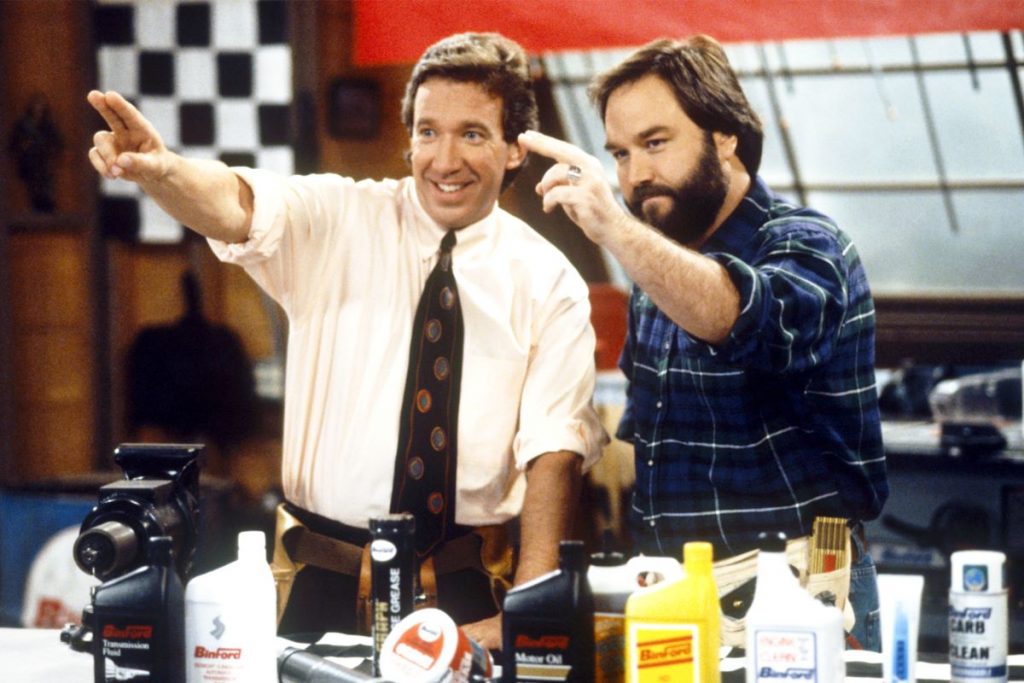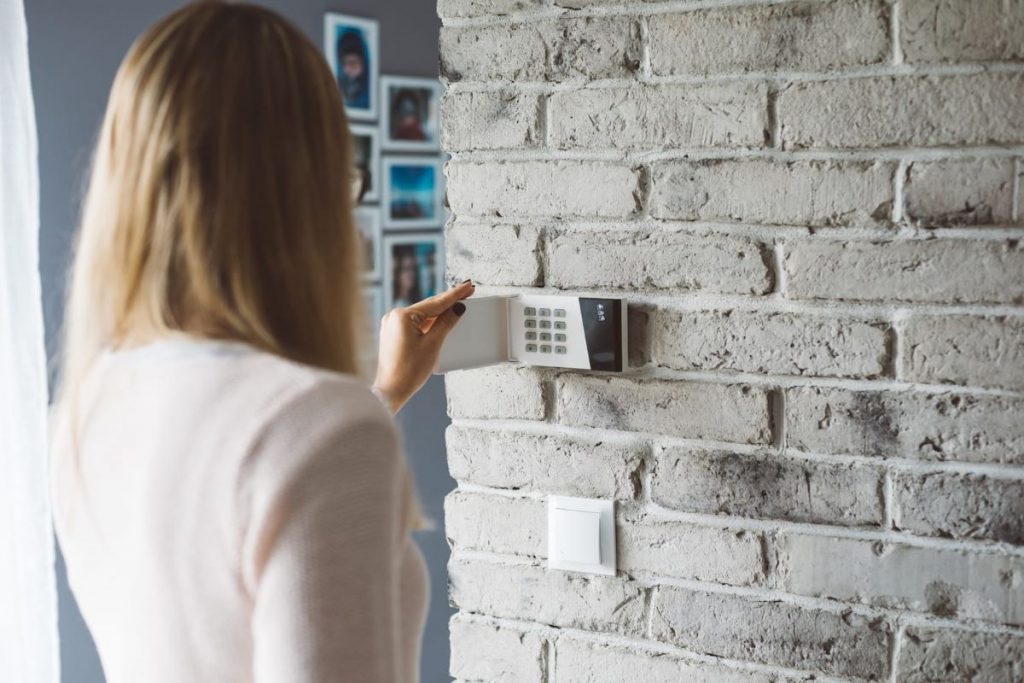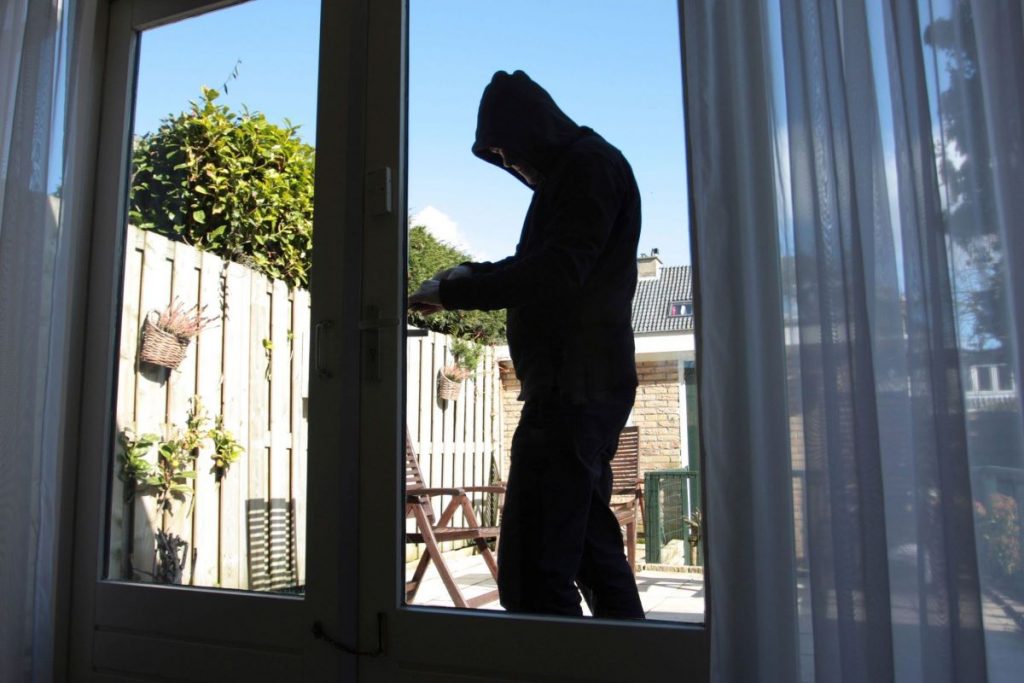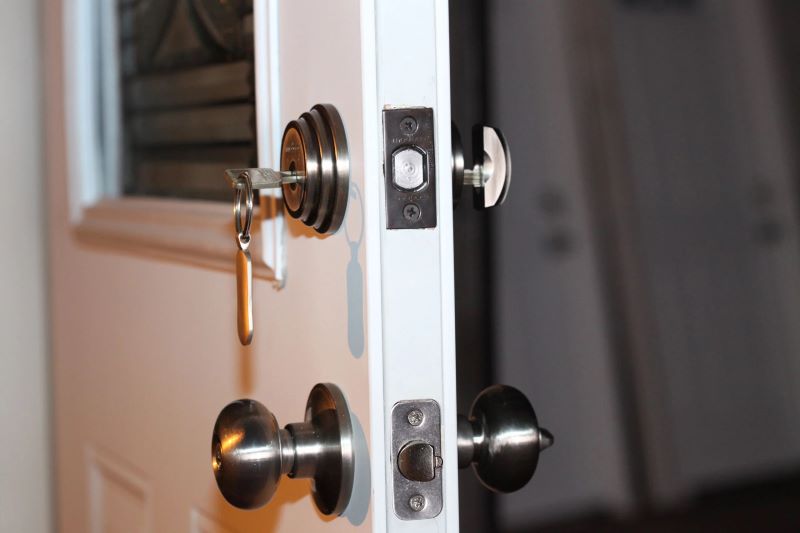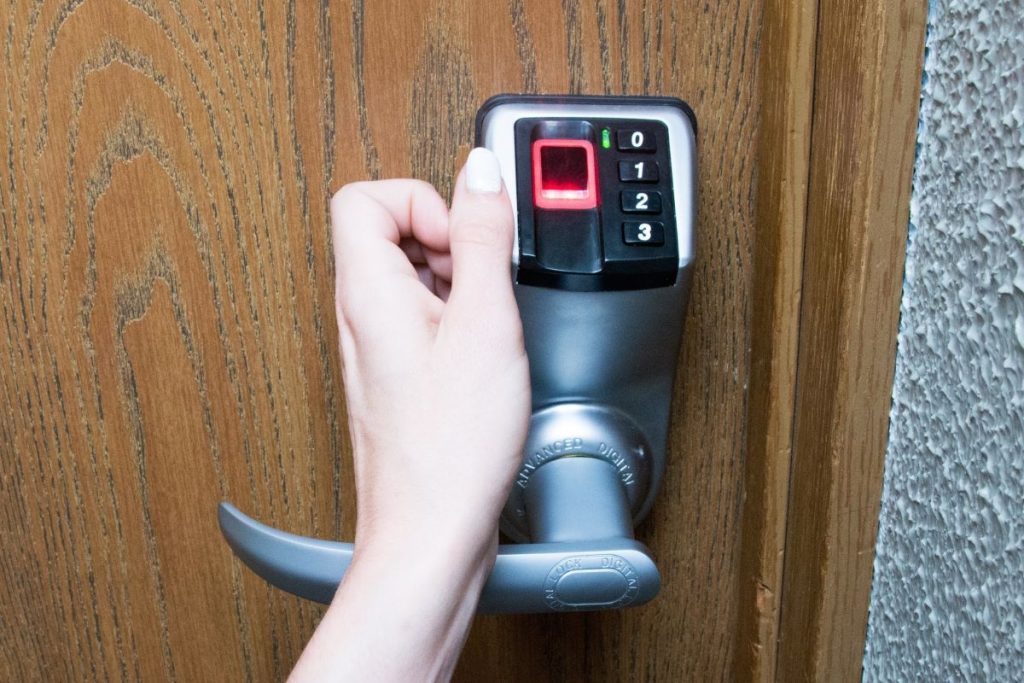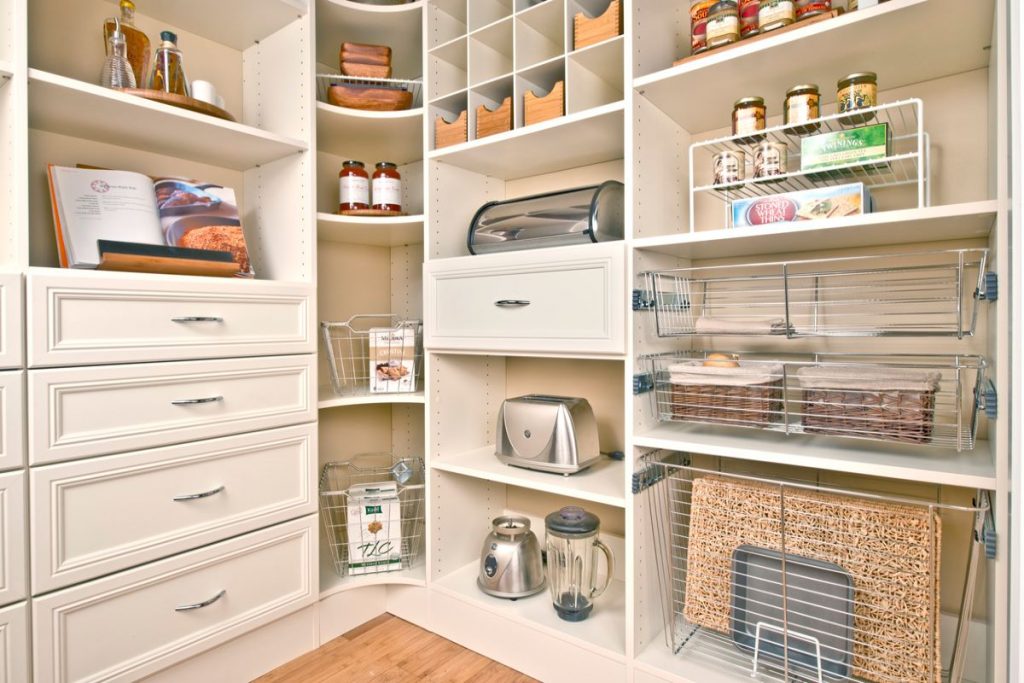Table of Contents
Smart homes are the talk of every town in recent times. Several folks have already entered the club of early adopters of the technology. Others, however, are on the fence. This makes understanding the pros and cons of having an automated home a vital discussion.
Besides, Statista reports that the global smart home market is anticipated to reach a value of USD 53 billion by 2022. Moreover, North American consumers are forecasted to spend the most on home automation in 2022.
Hence, without further ado, let’s uncover the major merits and demerits of home automation in Dallas.
Pros of a smart home:
A fully automated house allows you to have full control of your house in your hands. It offers:
Home security
Automated locks as part of a completely automated home give you peace of mind by securing your house. How many times do we leave our house with the nagging feeling that we forgot to lock the doors? A smartphone helps you save the U-turn back home by calming your doubts by allowing you to remotely lock and unlock doors with the tap of your fingers.
What’s more, home security in Dallas isn’t something to be taken lightly. Safety.com explains, “Considered the safest big city in America according to the YouGov survey, Dallas/Fort Worth is surprisingly unsafe when you look at their violent crime rates.” Therefore, a smart home is a good idea for securing your house.
Safety
In addition to protecting your home from the outside, it is crucial to safeguard your home from the inside as well. A fully automated house allows you to monitor who arrives at your doorstep from the comfort of your office.
It also alerts you of suspicious activity, allowing you to remotely lock doors, turn off electronic appliances, monitor security cameras, and so on. Consequently, you can create a secure and safe environment for your family.
Energy efficiency
Not only does an automated home in Dallas help you save energy, it reduces your energy bills too. Smart home tech encourages home appliances to use reduced amounts of energy. For instance, induction cook-top stoves use artificial intelligence to heat only when a cooking pan is placed on top of it.
Furthermore, energy efficiency helps save money on utility bills. A case in point is The Nest thermostat which tracks your thermostat habits and personalizes temperature settings accordingly. Adjusting your home’s temperature by 7-10 degrees for 8 hours can assist in saving about 10% on your monthly utility bills.
Cons of a smart home
While a smart home offers convenience, comfort, security, and increased accessibility to your house, home automation also poses some drawbacks. These include:
High costs
Although the costs of smart homes have significantly gone down in recent years, the prices are still high. Home Advisor points out that the national average cost for smart homes in the US is $1,045. The typical money range lies anywhere between $401 to $1,814 with the low-end and high-end costs being $65 and $3,500, respectively.
Reliability issues
There’s also the problem of reliability associated with smart home tech. Wireless signals associated with the automated tech for your house can often be interrupted by other electronic devices such as computers and televisions. This creates phantom signals, unreliable operation, and weak signals.
On top of that, additional electronic devices added to an automated home may lead to problems with the existing wireless smart home tech. Thus, this is another concern that needs to be considered.
Complexity
Automation can also be complicated to use for some people. While automating your house entirely may sound appealing, it can sometimes be annoying to reach out to your phone every time you want to turn the lights on and off.
In contrast, an old-fashioned switch may be easier to use. However, this comes down to your preferences. You don’t have to fully automate your house if using smartphones for the lights is not your cup of tea.
Summing up
A fully automated home comes with both pros and cons. Most of the disadvantages are of a solvable nature though. For instance, when it comes to complexity, you can always decide the extent to which you want your house automated rather than opting out of the secure and safe smart home plan altogether. Thus, in multiple ways, the merits of an intelligent home outweigh its drawbacks.

